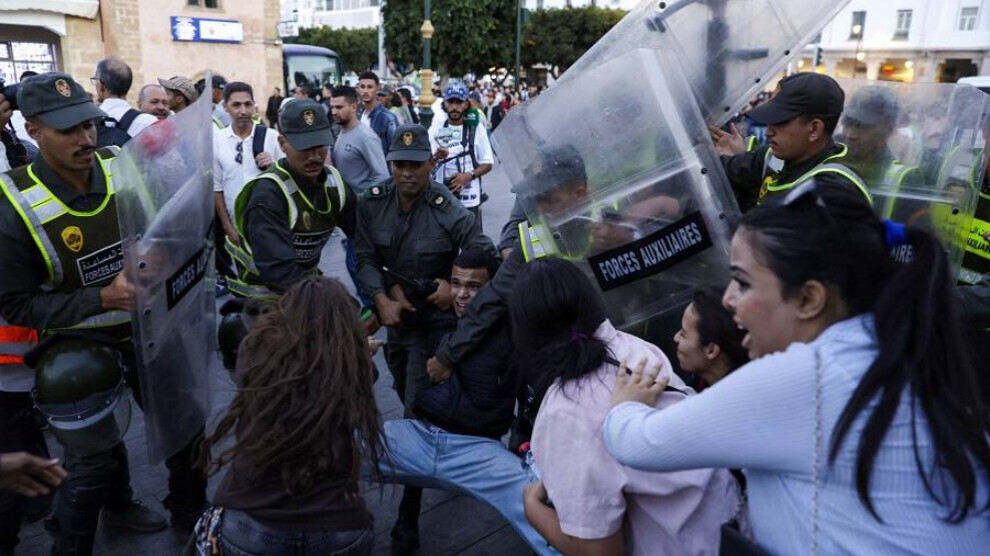Protests by “Generation Z” Escalate in Madagascar
Tens of thousands of members of “Generation Z” are protesting in Madagascar against frequent power and water outages, the deterioration of the education system, high unemployment rates, and widespread poverty.

News Center — Madagascar is experiencing a severe decline in basic services amid growing public anger demanding urgent reforms.
Participants in the “Generation Z” protests, which began about two weeks ago, have called on President Andry Rajoelina to step down and issue a formal apology to the people, as well as to dissolve the Senate and the Electoral Commission—marking a clear escalation of public outrage. Although he partially responded to the protests by dissolving the government last week and appointing a new prime minister, this move failed to calm the streets.
On October 10, the movement called for a general strike across the country in direct defiance of the president. The call came just days after the dismissal of the government and the appointment of a new one led by a general, with key ministries handed to security and military officials—an act the movement described as a “coup against the will of the people.”
In a statement, the movement said, “These appointments represent a blatant challenge to the people’s demands,” urging citizens to gather in the capital, Antananarivo, to join the general strike.
Security forces have repeatedly used tear gas, stun grenades, and rubber bullets to disperse the angry crowds.
The protests have led to violent clashes between demonstrators and police, accompanied by looting and chaos in several areas. According to United Nations reports, at least 22 people have been killed and more than 100 injured—a dangerous escalation reflecting the extent of public anger and growing security tensions.
The protests began on September 25, inspired by “Generation Z” movements in Kenya and Nepal, initially over water and electricity shortages but quickly evolved into a broader wave of anger—posing the most serious challenge to the president’s rule since his re-election in 2023.
The movement enjoys broad support from civil organizations calling for deep political and economic reforms, affirming that their mobilization aims to “save the country from its worsening crisis.”
